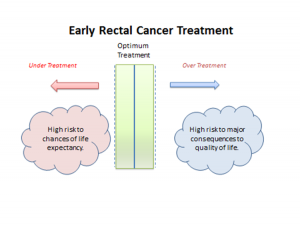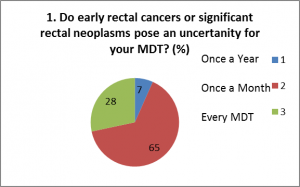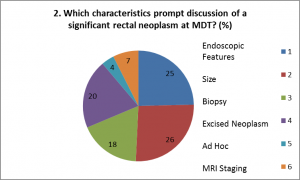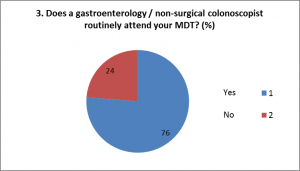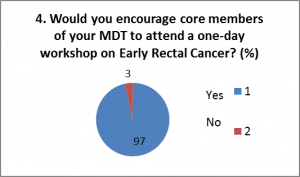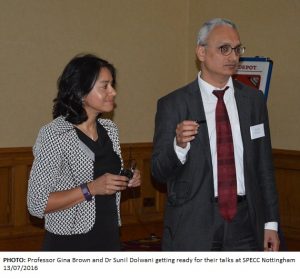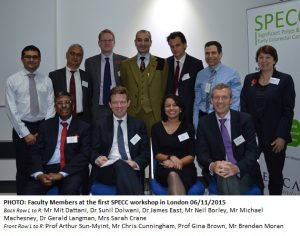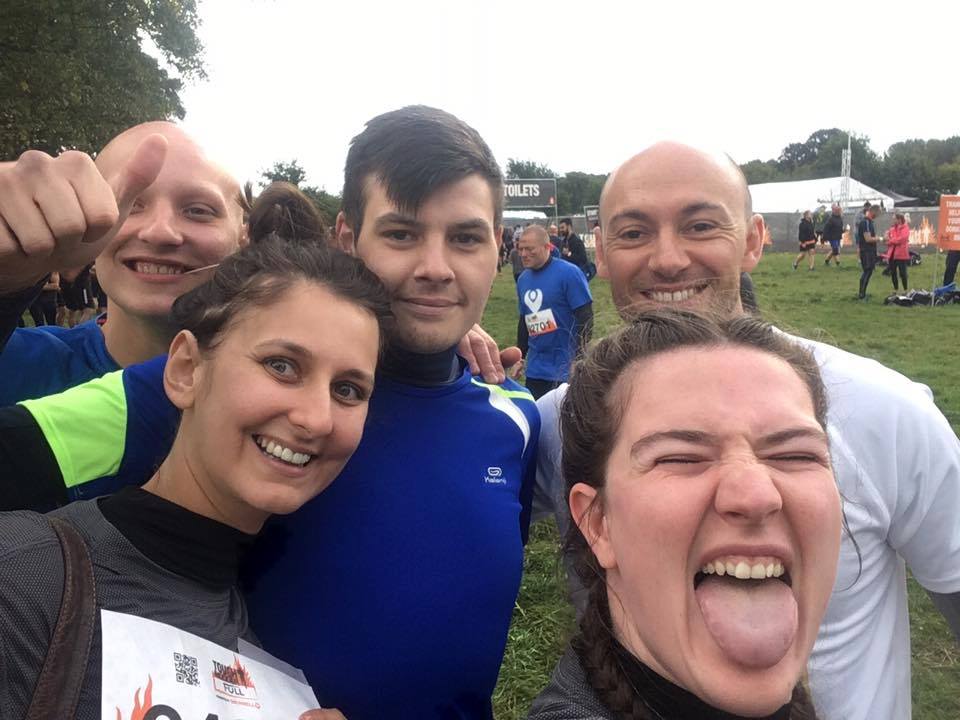Pelican Cancer Foundation invites MDT members to join us at our East Midlands IMPACT workshop on 25th January 2019. This event will be held at The Raddison Blu East Midlands Airport Hotel. We offer 7 free places per MDT, any additional places will be charged at £95 per person. Unfortunately, we are unable to accept individual registrations.
Pelican IMPACT programme E Midlands
To book your place, please return your IMPACT Booking Form to courses@pelicancancer.org
Alternatively – you can post it to us at:
Pelican Cancer Foundation
The Ark, Dinwoodie Drive
Basingstoke
RG24 9NN
We look forward to seeing you there!





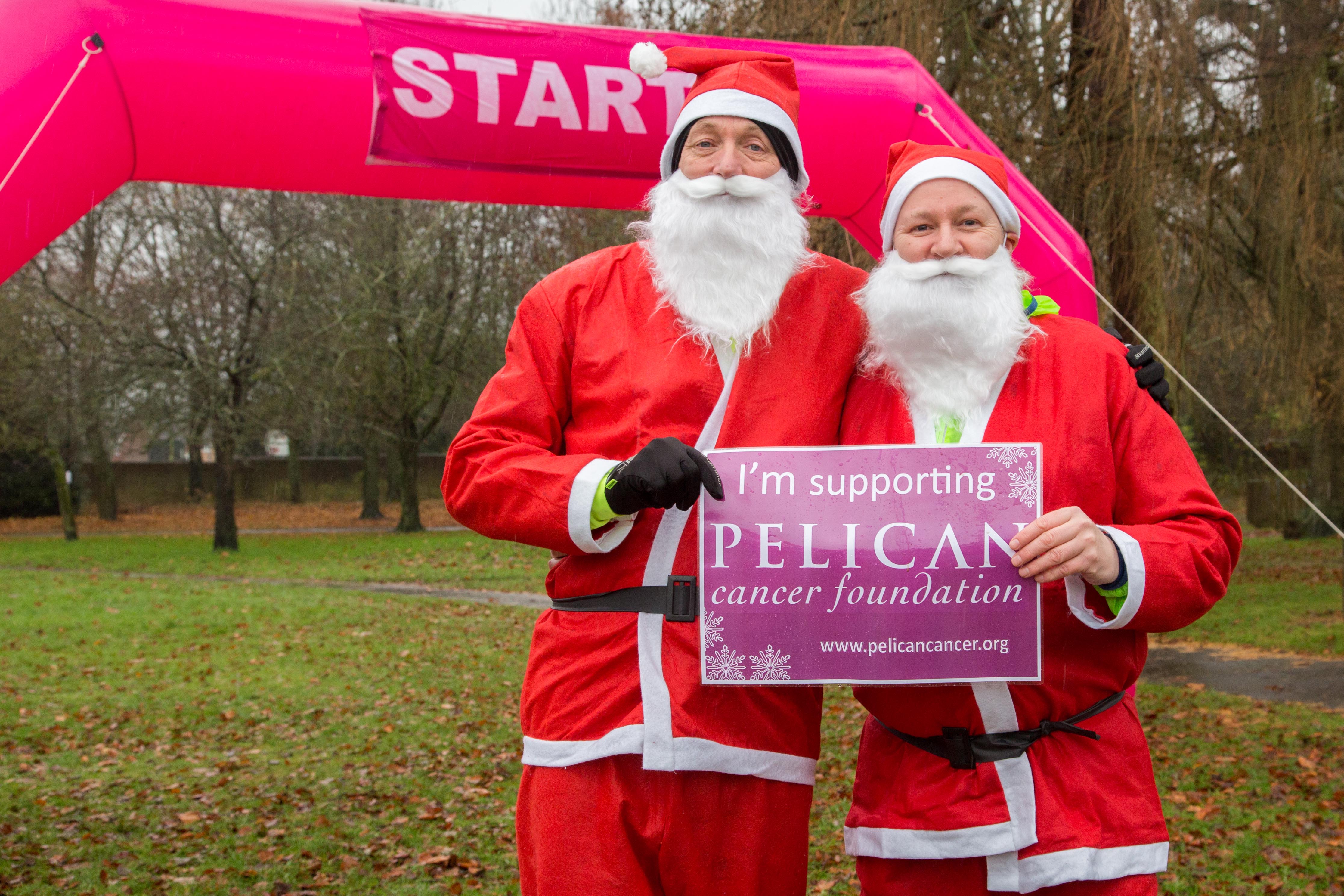

 This day would not be possible if we didn’t have so many wonderful supporters – a fabulous committee helped run the day, the stallholders encouraged us to spend money and all the fantastic people who joined us.” We hope to see you all next year!
This day would not be possible if we didn’t have so many wonderful supporters – a fabulous committee helped run the day, the stallholders encouraged us to spend money and all the fantastic people who joined us.” We hope to see you all next year!
